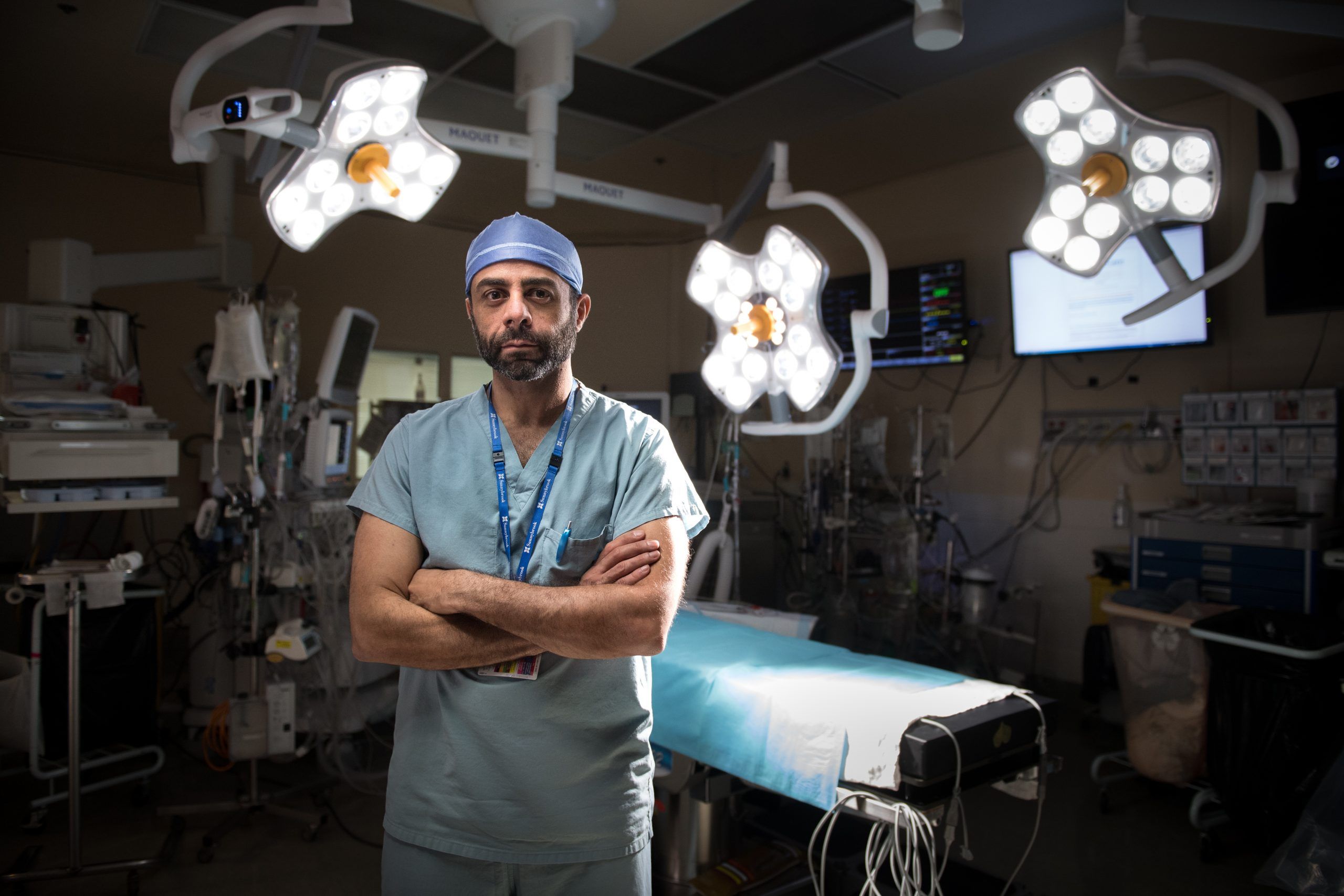
A record 2 million new cancer cases are projected to occur in the U.S. in 2024, with incidences of six out of the top 10 cancers expected to rise, according to new projections from the American Cancer Society (ACS). This trend is not limited to older adults, as colon and rectal cancers are becoming increasingly common in young people.
Colon cancer rates among seniors are decreasing further contributing to this group's shrinking proportion of cases. However, living a sedentary lifestyle, being overweight, having diabetes, not being physically active, and eating processed foods are all reasons more people are developing colon cancer at a younger age.
Dr. Sarah Fox, a colorectal surgeon at Novant Health agrees with this assessment and has seen an increase in young patients with rectal cancer. She notes that even if symptoms like rectal bleeding or abdominal discomfort are vague, it is important to get checked out as colon cancer is preventable but cannot be ignored.
The ACS report also highlights that people should not shy away from getting a colonoscopy at any age, as it is not the big deal many make it out to be. The procedure can save lives by detecting and preventing colon cancer in its early stages.
While current health guidelines say screening should start at age 45, doctors like Dr. Fox have seen cases of young adults with colon cancer even in their late twenties.
The Blue Ribbon Run is a nonprofit organization that raises awareness about the signs and symptoms of colon cancer. The organization was started by Ana Brown after her sister Julie passed away from colon cancer at just 41 years old. They host events like 5k races to raise funds for people impacted by colon cancer.
Brown emphasizes the importance of raising awareness about this disease, as many people are embarrassed to talk about it. She hopes that by sharing her sister's story and spreading information about colon cancer, more lives can be saved.



